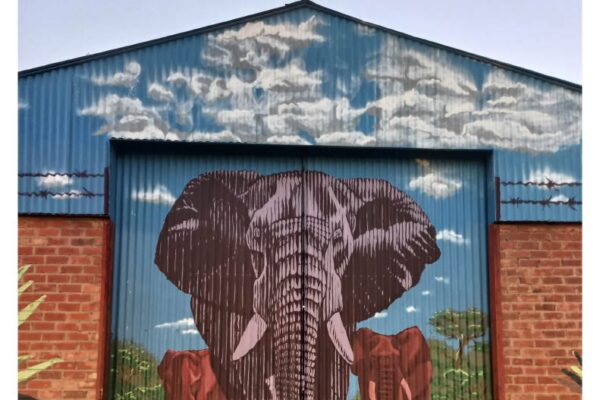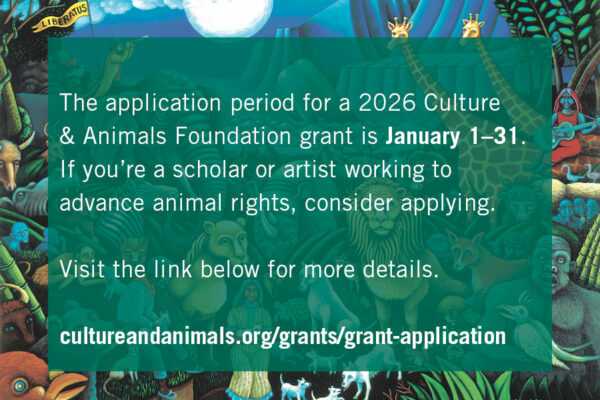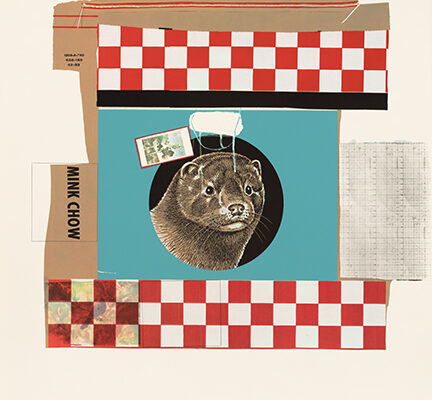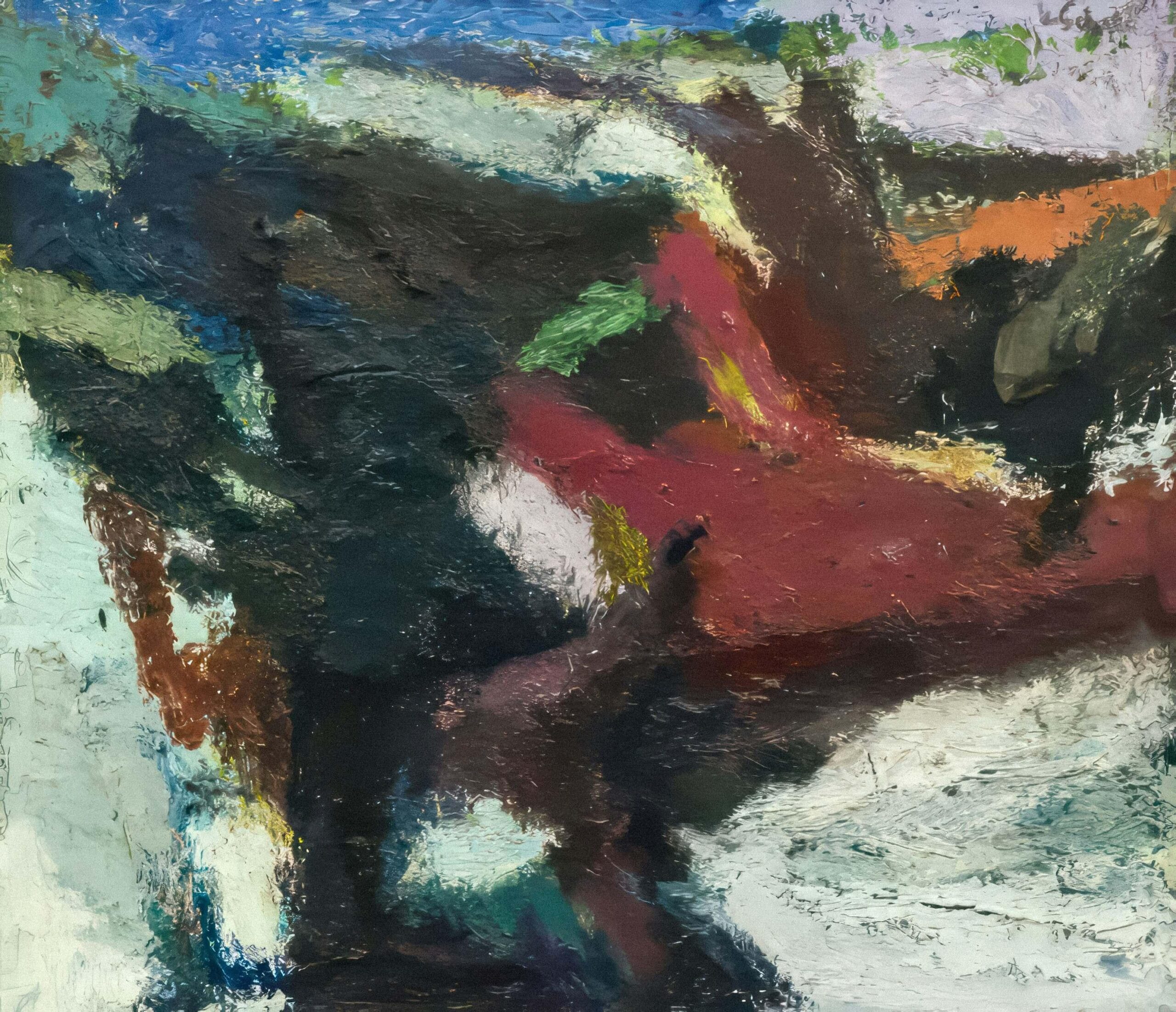As an English professor, freelance marketer, and copywriter, and as he works on rap and poetry projects or the 2020 Compassion Arts Festival, 2018 grantee Donald Vincent has seen the events of the global pandemic affect all aspects of his work. CAF 2020 Navab Fellow Vivian Qiu reports. Classes and festivals have had to move online; marketing messages need to be repurposed and reconsidered; and travel plans have been rebooked and pushed back for months. Despite all the disruption in his day-to-day, Donald has also found this period to be a time of community. With everyone spending more hours communicating over digital devices, Donald sees that although we may be physically distant, we’re now socially closer than ever. As he sees it, communities are rising up and pushing to “redefine the new normal” and foster the values they wish to promote.
Redefining the new normal also includes the resurgence of the Black Lives Matter movement in mainstream consciousness. While he’s gratified to see more conversation on anti-Blackness among vegans as a whole, Donald still thinks that considerable ground needs to be traversed between those who don’t see how “All Lives Matter” fails to grasp the specific realities expressed by Black Lives Matter movement. For Donald, a part of the solution is to focus on specific issues within BIPOC (Black, Indigenous, and People of Color) communities, rather than trying to use a broad-brush approach that oversimplifies and inhibits concrete action.
One example he provides is to look at the rates of heart disease within the African American community, and its correlation with the consumption of food in Black communities, particularly of fried foods and “soul food” in general. Vincent believes that education about food, and accessibility (or lack thereof) of healthy vegan options in communities, needs to be emphasized by those committed to a vegan vision. He mentions how, when he lived in New York City, he had to travel twenty minutes to his nearest Whole Foods, while the local food options consisted primarily of bodegas and liquor stores—a result of a long history of redlining and disinvestment in communities of color. Donald adds that many foods and drinks considered “essential” for children, such as cow’s milk, support large American industries, when they aren’t necessary for human health. He argues that African Americans and people of color need to educate themselves on what they’re putting in their bodies, and shift to a veganism that isn’t just processed, soul-food replacement, but, rather, legitimately healthy.
As an educator himself, at UCLA and Emerson College, Donald has found his vegan projects influencing his relationships with his students. When introducing himself to his students at the beginning of a semester, he often plays the game “Two Truths and One Lie.” He tells them he has made a rap album about veganism, is a chef, and then throws in a lie. The students always pick the rap album as the falsehood. To their surprise, they discover that he produced his most rewarding project to date, the CAF-funded Vegan Paradise, in 2018. The creation of the album, he found, opened up a dialogue with people. From his Parisian engineer who only spoke French, to the students who approached him for college-friendly vegan meal plans, to the wider vegan and hip hop communities he got to meet through creating the album, Vincent had many productive and meaningful interactions.
His most recent project is the release of a poetry collection, Convenient Amnesia, in early 2020. When he signed the contract late in 2019, he didn’t anticipate a Summer 2020 release. However, in light of the murders of George Floyd, Breonna Taylor, and others in the U.S., the book’s publication was moved up. The increased book sales have allowed the publishing company, Broadstone Books, to produce and publish more poets and thus amplify more new voices.
Donald is currently working on a series of critical essays that explore topics such as food deserts and how environments impact low-income areas, particularly in African American communities. He also wishes to move to France with his partner, where he can continue to do what he loves at a lower cost of living. Until then, Vincent continues to make and create, educate, and work to do what he can to spread his message.




